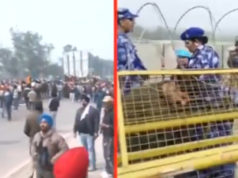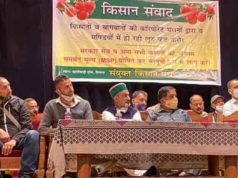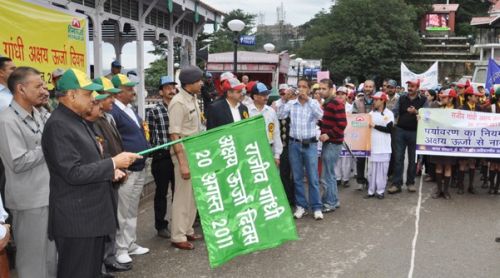Baddi – In a surprising turn of events, the ongoing farmers’ movement in the BBN state is beginning to cast a shadow over the industrial landscape, particularly in the major industrial area of BBN. The repercussions are most evident in the realm of freight transportation, where the movement has severely disrupted the smooth flow of goods.
Over the past six days, loaded trucks destined for Delhi were stranded, unable to reach their destination due to the farmers’ agitation. The situation has led to a complete standstill in the movement of trucks to Delhi, impacting the transportation of both raw materials from other states and finished goods to various destinations. As a result, the production and supply chains of finished goods are experiencing significant setbacks.
Trucks destined for other states have been forced to navigate through Haryana’s villages, encountering delays and longer routes due to roadblocks caused by the ongoing farmers’ protests. The transporters and the entrepreneurial class are growing increasingly concerned about the potential long-term consequences on industrial operations if the movement persists.
The entrepreneurs fear that the extended disruption could severely hamper the functioning of industries, as the transportation of goods from BBN to Delhi has ground to a halt. Neither raw materials nor finished goods are being transported, and the situation is causing mounting anxiety within the industrial sector.
At the Shambhu Border, and in various locations across Haryana, farmers’ protests have led to the blockage of trucks. Truck drivers report that the transportation of goods from Haryana to Delhi has come to a complete standstill, leaving entrepreneurs without the necessary means to move their products.
The continuous disruptions mean that raw materials are not reaching industries on time, and finished goods are failing to meet delivery deadlines. While the situation has not yet reached a critical point for the industries, concerns are growing that prolonged disruptions could have a severe impact on their operations.
As the farmers’ movement persists, both the transporters and industries are left grappling with the uncertainty of when normal operations will resume and whether a resolution can be reached to mitigate the challenges faced by all parties involved.









